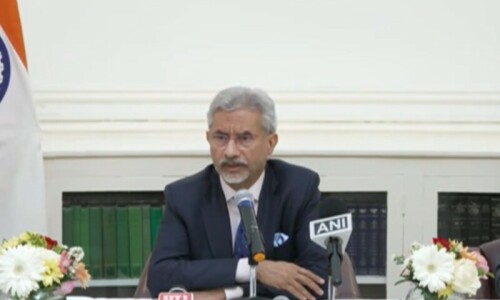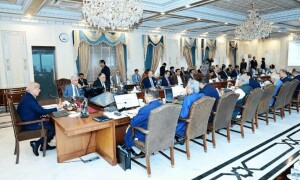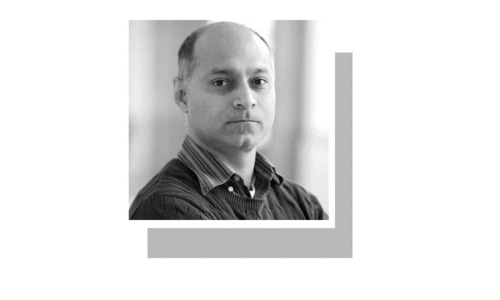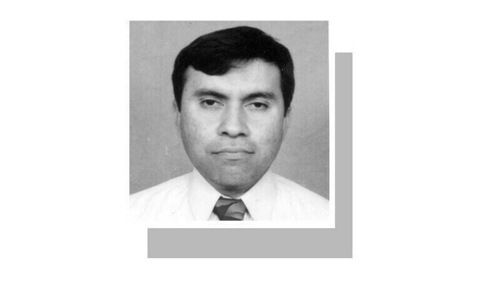ISLAMABAD: Amid the finalisation of next year’s development budget for 2022-23, Planning Minister Ahsan Iqbal on Wednesday said the dire challenges Pakistan faced now were worse than those at the time of the fall of Dhaka in 1971 or economic sanctions after the 1998 nuclear tests.
Speaking at a conference organised by the Pakistan Institute of Development Economics (PIDE), the planning minister said the development budget had been brought down to less than Rs500 billion this year from over Rs1,000bn in 2017 because of the unscrupulous policies of the previous government. He asserted that the real problem that was hindering growth “is not the political system in Pakistan but the non-acceptance of the sanctity of the constitution”.
His statement came only a couple of days ahead of the scheduled meeting of the Annual Plan Coordination Committee (APCC) on June 4 to finalise the Annual Development Plan (ADP) of about Rs800bn for next fiscal year.
The current year’s federal Public Sector Development Programme has been restricted to Rs480bn owing to a large fiscal deficit, according to a final review of development programmes in progress for the last two days.
The meeting of the National Economic Council (NEC) – the country’s highest decision-making forum on economic and development policies – has been tentatively scheduled for June 7 to approve the next year’s development programme. The NEC led by the prime minister comprises four provincial chief ministers and as many federal ministers, while the prime minister of Azad Jammu & Kashmir and the Chief Minister of Gilgit-Baltistan attend the meeting as special observers. The federal budget is scheduled to be presented in parliament on June 10.
“We are facing dire challenges we have never faced before, not even at the time of the fall of Dhaka or when economic restrictions were placed on Pakistan after we conducted nuclear tests,” he said, adding “it had never happened in the last 75 years of the history of Pakistan that there were no funds for (development in) the fourth quarter and the government’s kitty is out of cash”.
The minister said economic development was contingent upon political stability and the continuation of government policies and observed that there was a dire need to ponder whether constitutional and democratic norms in Pakistan were strengthened or undermined and why the democratic and constitutional process had not moved forward.
The planning minister said other nations in South Asia and Africa surpassed Pakistan on economic and development fronts, which should be a cause of deep concern for Pakistanis. He said Pakistan’s exports in the 1960’s was around $200 million, which increased to $25bn while South Korea’s exports increased from $100m to $770bn in the same period.
Mr Iqbal said we need to eliminate political division and confrontation on war footing to turn the wheels of progress on the path of development in the country. A unified and well-thought strategy was adapted by the successful countries to bring about a turnaround in their economies and progress, he said. Mr Iqbal hoped Pakistan could also overcome such challenges.
Speaking about the importance of political stability and continuity of policy for the economic development of Pakistan, he said we all must ponder why we have not been able to make progress since independence. “It seems we have come full circle and have come back to the situation from where we started in 1947,” he said, adding that countries like China, India, Bangladesh, and Malaysia were lagging behind Pakistan economically a couple of decades ago, but now they have leapfrogged ahead of Pakistan.
Published in Dawn, June 2nd, 2022











































